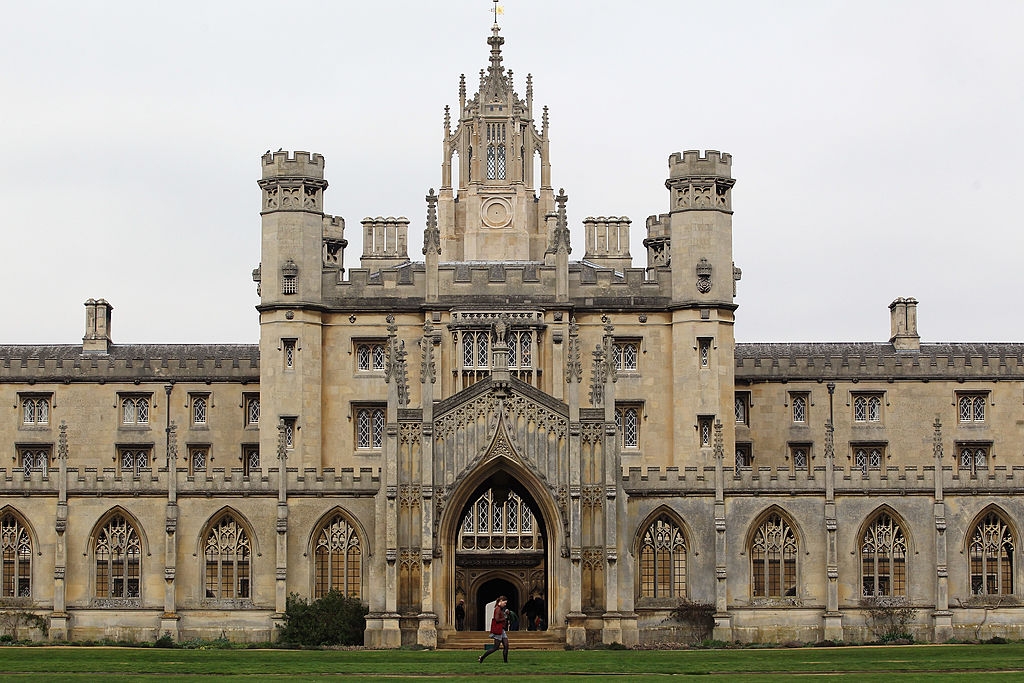Can the past hold the present to ransom? Can we be culpable for our predecessors’ actions? Knotty questions of this kind have long been debated in British universities. But now these abstractions are finding new and controversial expression.
Yesterday, the University of Cambridge made headlines by launching an academic investigation into its historical relationship – direct or otherwise – with the slave trade. The panel will spend two years scrutinising whether Cambridge profited from ‘the Atlantic slave trade and other forms of coerced labour during the colonial era’.
For academics, the enquiry will certainly be interesting. But serious problems inevitably arise when historical discoveries are deemed to have moral consequence for the present.
First things first: there’s no need for suspense here. Cambridge will certainly have profited indirectly from exploitative labour, not only through the slave trade but all manner of indentured and convict labour. This profit will be unearthed in the considerable donations from those benefactors who made their fortune exploiting others.

Britain’s best politics newsletters
You get two free articles each week when you sign up to The Spectator’s emails.
Already a subscriber? Log in






Comments
Join the debate for just £1 a month
Be part of the conversation with other Spectator readers by getting your first three months for £3.
UNLOCK ACCESS Just £1 a monthAlready a subscriber? Log in